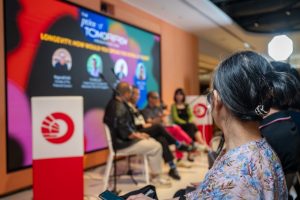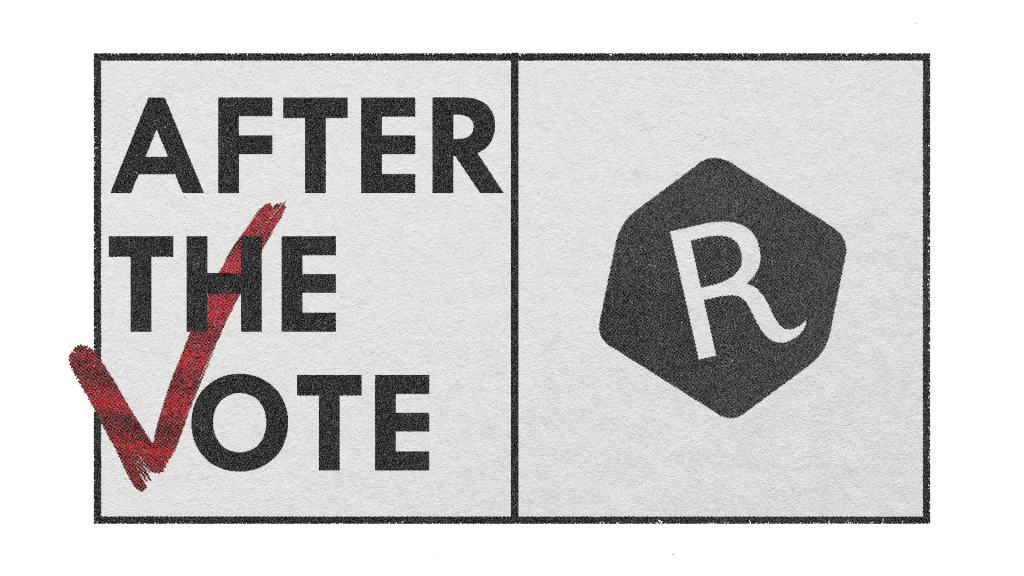
‘After the Vote‘ is a RICE Media series where Singaporeans from all walks of life share their hopes for Singapore—the changes they envision, the values they want to uphold, and the future they want to help shape.
As GE2025 approaches, we take a step back from the antics and theatrics to explore the bigger picture: What kind of Singapore are we building beyond this election? Through these conversations, we uncover the aspirations and concerns shaping the nation in the next five years and beyond.
The views in ‘After the Vote’ are those of the interviewees and based on their experiences; they do not reflect the publication’s stance.
All images courtesy of Stefanie Foo
When Stefanie Foo was a child, she wanted to be an actor.
Today, the 23-year-old is a final-year Communications Management and Sustainability Management student at Singapore Management University (SMU).
Like many other young people, she’s already had to make pivotal decisions about her future: What to study, what to aspire towards, which passions to indulge, and which to give up. But as graduation looms and she watches her peers struggle to secure full-time employment, self-doubt lingers. It’s hard to ignore the voice asking, “Have I really made the right choices?”
This year, she’ll have more decisions to make—this time for the future of the country. It’ll be her very first time voting in a General Election.
“I’m really excited about it. I think that individual votes really do make a difference,” Stefanie tells RICE.
“Voting helps to send a message and show your support of the policies represented, allowing those at the top to be able to detect these signals and notice what the people care about.”
With the 2025 General Election around the corner, RICE is taking a longer-term view towards the Singapore we are collectively building. And Stefanie has plenty to say about the growing anxieties of the younger generation.
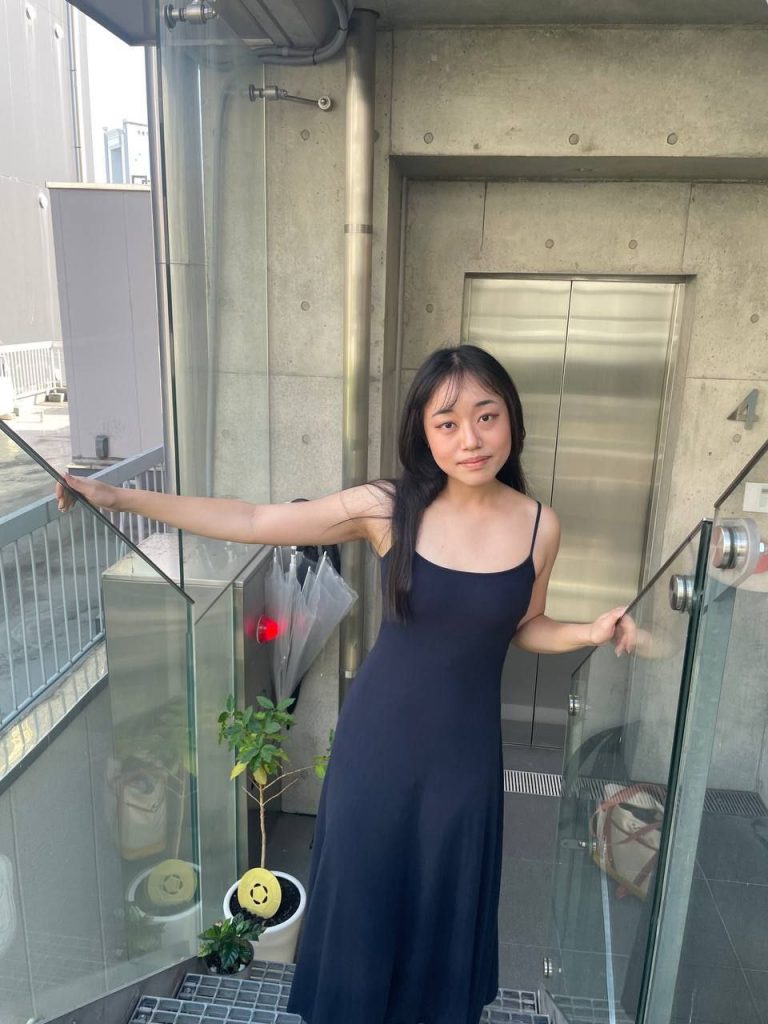
What is one change you hope to see in Singapore by 2030 that would make life meaningfully better for people like you?
I think the consensus shared by current university students is that our main cause of stress is the difficulty in finding employment.
This is something I see many of my friends struggling with, even those who graduated last year. And it’s an issue across different majors and faculties. Stacking multiple internships isn’t a surefire way to secure a job either. Even those with multiple internships aren’t able to find employment in their previous workplace.
Employers also seem to be looking more for interns than full-timers. Most of my friends have resorted to taking internships even after graduation.
With job market trends constantly changing, the major you choose can become outdated by the time you graduate. Additionally, with major lay-offs, the job market is flooded with experienced workers, making it difficult for fresh graduates to compete in the market.
I hope that by 2030, the job market will improve for fresh graduates, but I think this might require an educational reform to better prepare fresh graduates to meet the skill gaps in the industry. If we can continue to adapt our curriculum to reflect the actual needs in the job market, I think that we will be able to continue to nurture the quality of our manpower.
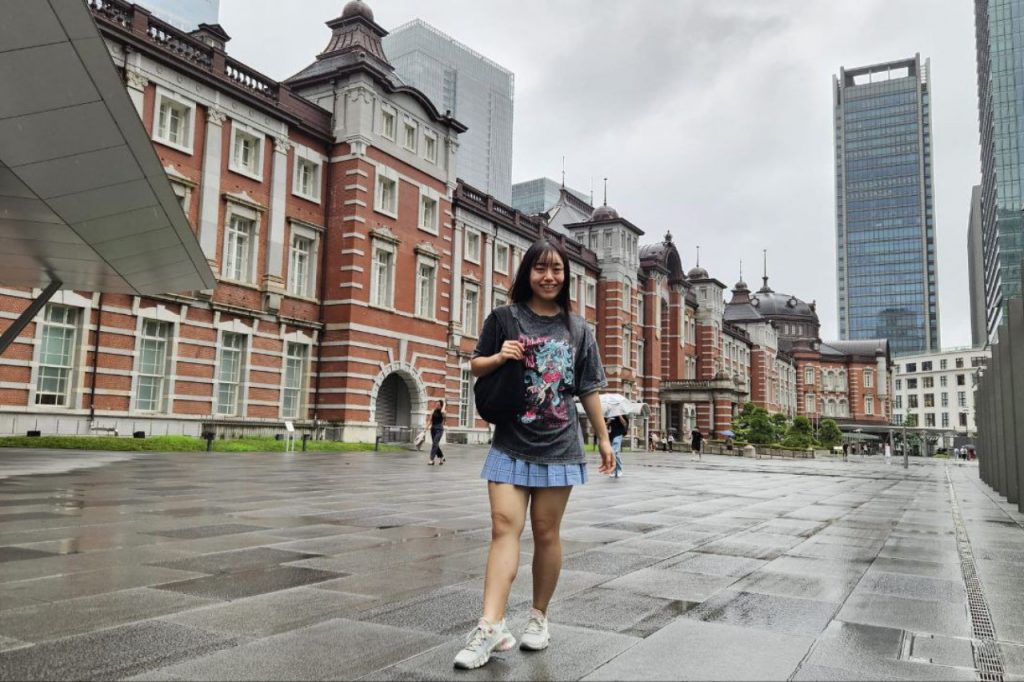
As more and more Singaporeans obtain university degrees, simply having a degree isn’t enough to secure a good job. How do you feel about that?
I think that it’s quite disillusioning—it’s not what our teachers and parents promised us. But I’m not one to focus on the problem. I prefer to look for solutions and maintain a positive mindset towards my future once I graduate.
I do think that the previous generations are not very aware of the struggles faced by recent graduates. I have a friend in human resources whose manager asked her why graduates are applying for internships rather than “a job”. The obvious answer for us is that there are no jobs available.
What’s a challenge Singapore must overcome in the next six years to stay a place where people want to live and thrive?
For those of my peers who aspire to work or move overseas, they are discouraged by the competitiveness of Singapore’s work culture. It’s like a rat race. The work-life culture in other countries like France or Australia, for example, seems more appealing, especially if they have a similar or lower cost of living. Maintaining a reasonable cost of living or a better work-life balance might allow us to retain this talent.
The competitiveness starts in school.
In my university, we are constantly trying to get more CCAs, more leadership positions, more certificates, and more internships. Every student around me seems to be a hustler.
Unless you compete on a similar level, you will get left behind. With so many outstanding graduates, you also have to be outstanding. Otherwise, it seems impossible to get a job. This seems to be the reality that graduates are increasingly facing.
If I were to put myself in an employer’s shoes, I would want to pick the best candidate. Naturally, as a student, I feel the need to polish myself and exceed these standards, so I’m able to stand out and achieve a good career.
If you could introduce a new national priority for Singapore, what would it be, and why?
Something I’ve been thinking about lately is the high risk of entrepreneurship in Singapore. I wonder if increasing the accessibility for Singaporeans to pursue new business ideas will allow for more innovation and help to break out of the mindset of Singaporeans not being creative.
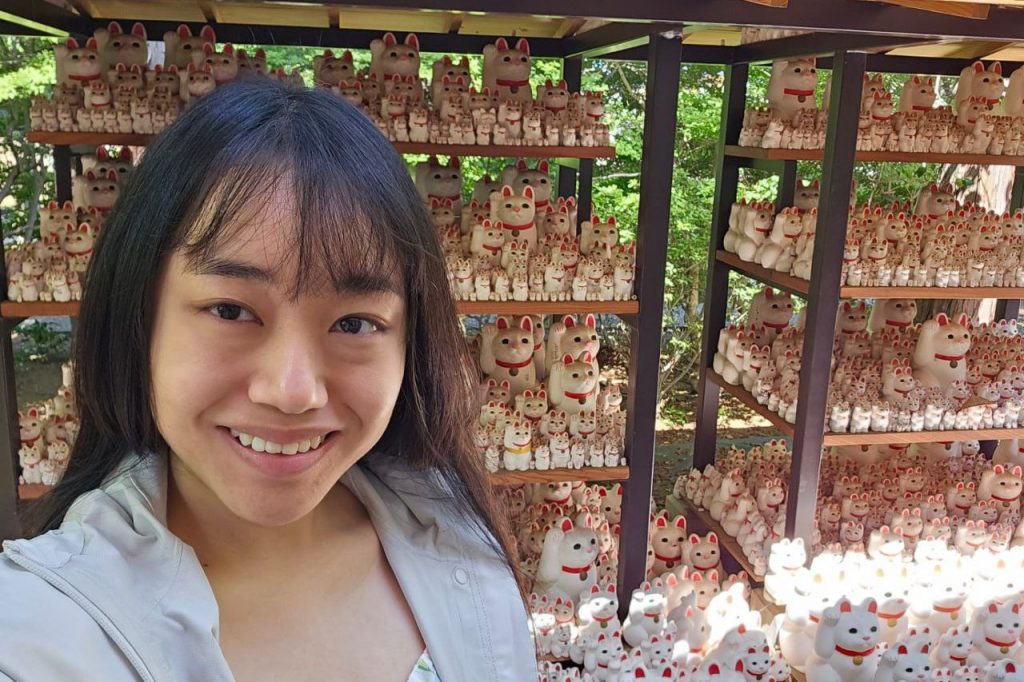
I think an increase in local businesses could create more jobs, and hence help with unemployment concerns. It would also allow for creating new business models that could improve our society.
But, with the current high cost of living and rental rates, the impact of failure makes it difficult for someone to justify leaving their current ‘safe career’ to pursue their dreams.
Singapore moves fast. What’s one thing we need to slow down for?
I think it’s important to focus more on our relationships. When times get busy, it can be easy to put off spending time with our family and friends.
The convenience of technology and the fact that we can connect with them at any time make us complacent towards maintaining these relationships. If we move too quickly, by the time we remember to look back, we might find ourselves alone.
Spend the time you have with your family and friends while you can. We never know what will happen tomorrow.
I also hope for more awareness of the importance of taking care of our physical health, be it through exercise or incorporating a healthier diet. I am very concerned about my parents’ health as they get older. All I want is for them to be able to live healthily and happily.
As Singapore’s population ages—we’re going to become a “super-aged” society by 2026—I hope that we’ll all take care of our physical health to ensure we can live well.
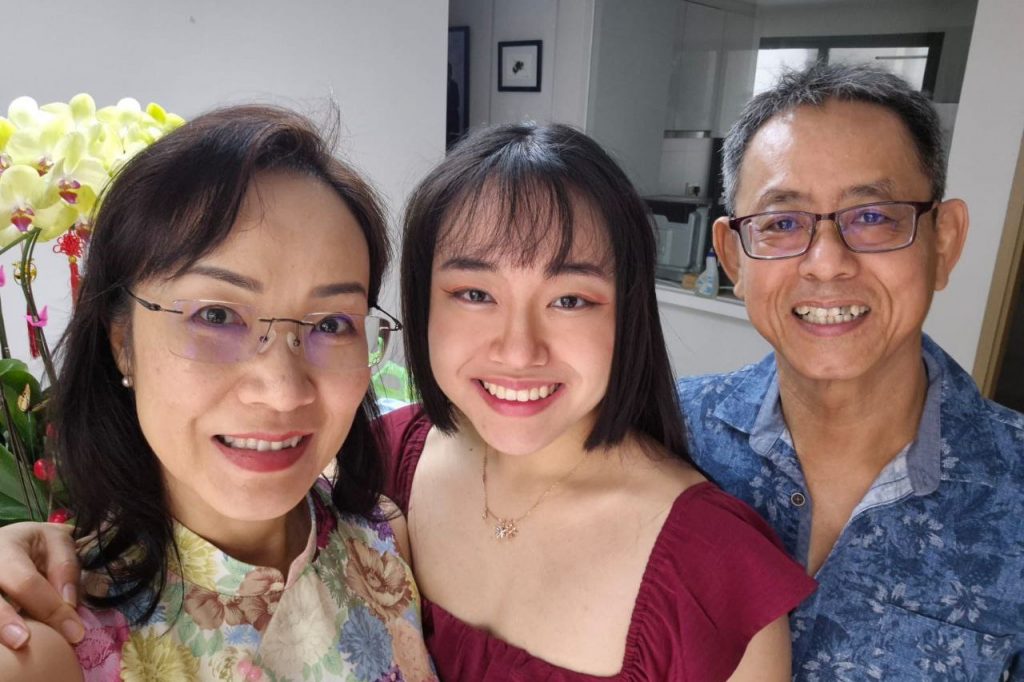
What’s one thing about Singapore you’d want to protect for the future?
The diversity of culture in Singapore has allowed me to have many different experiences. I really appreciate the chance for me to try different food and learn about different beliefs, as I think it really enriches my knowledge and keeps me open-minded.
I hope that we will continue to be a melting pot of cultures as Singapore continues to evolve, and that we will be able to maintain our cultural heritage through the passage of time.
In 2030, what kind of Singapore would you be proud to call home?
I’m looking forward to a more inclusive and more considerate Singapore. We should continuously adapt our infrastructure and society to be more accepting and supportive of people with different needs, be it physical or mental.
I also think that showing kindness or being more understanding, and giving others the benefit of the doubt, could help promote a happier society.
I would be proud to call Singapore home if it were a nation where everyone can feel included and accepted.


